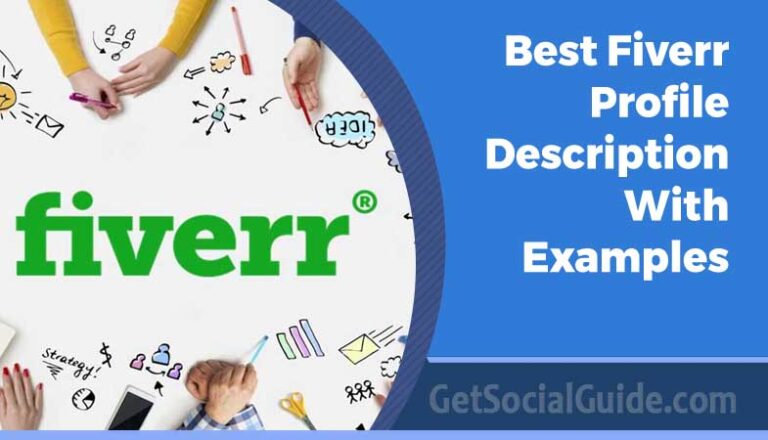Your Digital Sales Assistant: How Email Can Boost Real Estate Deals
In the digitalized world of real estate, where competition is fierce and client expectations are high, real estate drip email campaigns emerge as a potent sales assistant, meticulously working behind the scenes to boost deals and foster client relationships. The strategic utilization of email not only keeps clients engaged but also meticulously guides them through the sales funnel, nurturing leads into successful transactions. This article explores the multifaceted role of email as a digital sales assistant in the real estate sector, elucidating strategies and insights that ensure emails are not just read but also act as catalysts, driving inquiries, engagements, and ultimately, closing deals in the dynamic real estate market.
1: Nurturing Leads with Personalized Email Content
The journey from a lead to a successful deal is often paved with consistent, personalized, and insightful communications. Email, with its ability to deliver tailored content directly to clients, is a pivotal tool in nurturing leads, and guiding them through the informational and decision-making process. Crafting emails that reflect the client’s interests, previous interactions, and preferences ensures that communications are not just relevant but also resonate on a personal level. Utilizing CRM data, real estate professionals can curate email content that aligns with the client’s property interests, investment patterns, and communication preferences. From sending personalized property recommendations to sharing market insights that align with their interests, personalized email content ensures that leads are nurtured with information and opportunities that resonate and reflect their needs and aspirations, thereby enhancing the probability of conversion.
2: Strategic Timing and Follow-Ups to Enhance Engagement
Strategic timing and consistent follow-ups are crucial in ensuring that leads are nurtured and guided effectively through the sales funnel. Understanding client behaviors, interaction patterns with previous emails, and their preferences enables real estate professionals to time their emails strategically, ensuring higher open and conversion rates. Moreover, strategic follow-ups, whether it’s sending additional property options, sharing further insights, or simply acknowledging and thanking clients for their interactions, ensure that engagement is sustained and relationships are nurtured. Automated follow-ups, triggered by client interactions, ensure that responses are timely and relevant, enhancing client satisfaction and engagement, and ensuring that leads are consistently and effectively guided towards conversion.
3: Utilizing Visuals and Storytelling to Enhance Email Impact
Visuals and storytelling, when woven into email content, have the power to captivate clients, providing them with a visual and narrative journey that enhances impact and engagement. Incorporating high-quality images, virtual tours, and narratives that depict the lifestyle, comfort, and opportunities that properties offer, ensures that emails are not just informative but also engaging and inspiring. Storytelling, whether it’s sharing success stories of satisfied clients, narrating the unique features of properties, or depicting the potential of investments, ensures that email content is relatable, engaging, and inspiring. Visuals complement storytelling, ensuring that clients can visualize the narratives, enhancing impact, and driving engagement and actions.
4: Analyzing Email Performance to Optimize Future Campaigns
The efficacy of email campaigns is significantly enhanced when followed by meticulous analysis and optimization. Analyzing key performance indicators such as open rates, click-through rates, and conversion rates provides insights into the impact and efficacy of email campaigns, providing a roadmap for future optimizations. Understanding which aspects of the email content resonated with clients and which aspects require refinement enables real estate professionals to continuously optimize their email strategies, ensuring that they are aligned with client preferences and behaviors. This continuous cycle of analysis and optimization ensures that email campaigns are not just executed but also evolved, ensuring sustained impact and efficacy in nurturing leads and driving conversions.
5: Ensuring Ethical and Compliant Email Practices in Real Estate
In the realm of email communications, especially in a sector as client-centric as real estate, adhering to ethical and compliant practices is paramount. Ensuring that email communications are transparent, respectful of client preferences, and compliant with regulations not only fosters positive client relationships but also safeguards the reputation and integrity of real estate professionals. Ethical email practices involve providing clear and accessible options for clients to manage their subscription preferences, ensuring that communications are only sent to those who have opted to receive them. Furthermore, ensuring that email content is honest, transparent, and provides genuine value to clients ensures that communications are ethical and client-centric. Compliance with regulations, such as the General Data Protection Regulation (GDPR) and the Controlling the Assault of Non-Solicited Pornography And Marketing (CAN-SPAM) Act, is crucial in ensuring that email practices are lawful and respectful of client rights. This involves providing clear options for unsubscribing, ensuring that promotional communications are clearly identified, and safeguarding client data effectively.
Conclusion
In the realm of real estate, where every interaction holds the potential to nurture a lead into a successful deal, email stands out as a strategic digital sales assistant, ensuring that communications are not just sent but also resonate, engage, and drive actions. From personalization and strategic timing to utilizing visuals and continuous optimization, email strategies, when crafted and executed with insight and precision, have the power to guide leads through the sales funnel, enhancing engagements, and boosting deals in the competitive real estate market. Through strategic, insightful, and client-centric email practices, real estate professionals can navigate through the digital communication landscapes, ensuring that their messages not only reach clients but also resonate, engage, and drive them toward successful transactions and collaborations.



